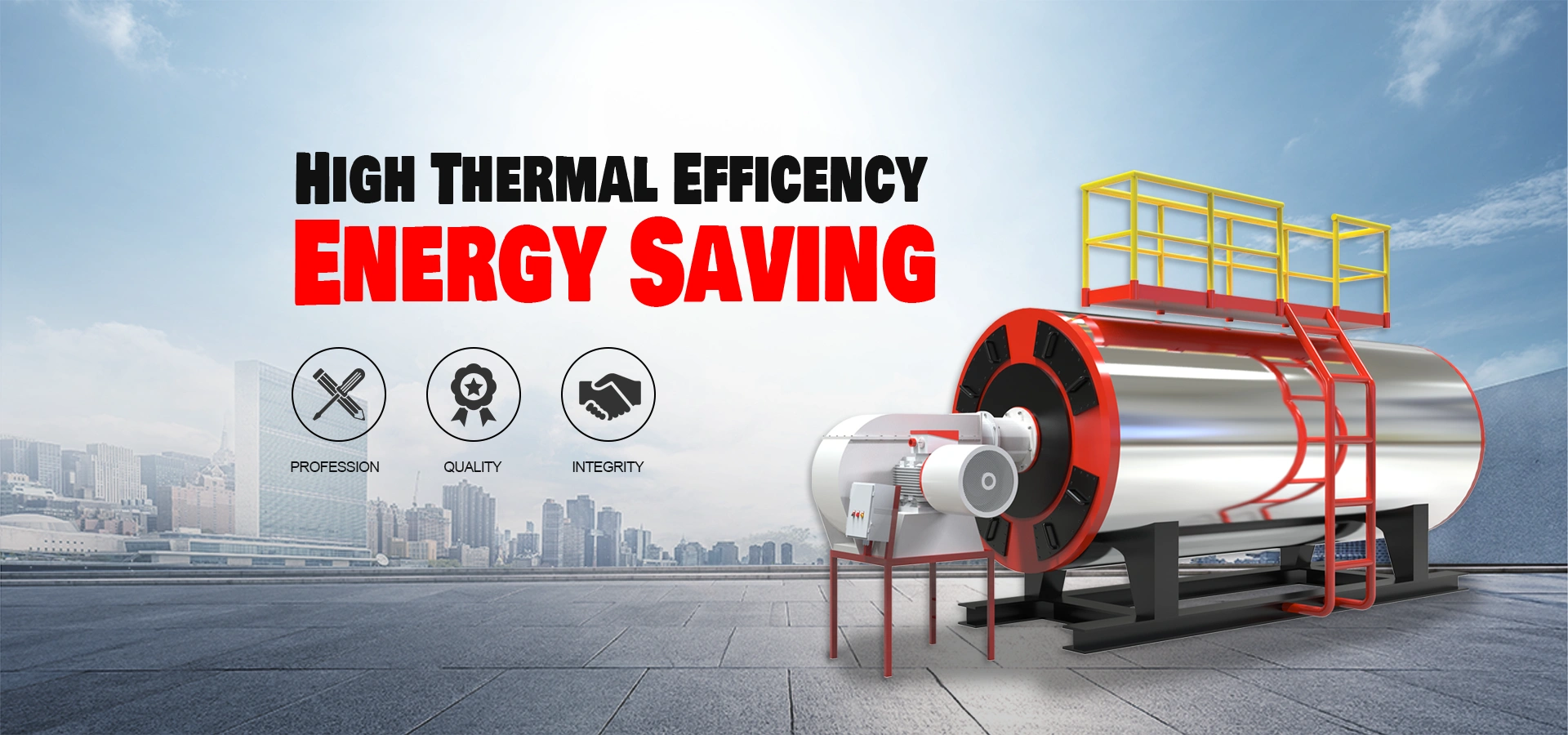
سبتمبر . 13, 2024 20:59 Back to list
hot water boiler pressure
Understanding Hot Water Boiler Pressure Importance and Maintenance
Hot water boilers are essential components in residential and commercial heating systems. They provide an efficient method for heating water, which is then circulated through pipes to radiators or underfloor heating systems. One of the key parameters that affect the performance and safety of a hot water boiler is its pressure. Understanding hot water boiler pressure is critical for ensuring optimal functioning and extending the life of the system.
What is Boiler Pressure?
Boiler pressure refers to the pressure of the water within the boiler system. It is typically measured in pounds per square inch (PSI) or bar. For most residential hot water boilers, the normal operating pressure ranges between 12 and 20 PSI. When the system is heating water, the pressure may rise due to thermal expansion. However, if the pressure exceeds the boiler's safety limits, it can lead to severe complications.
The Importance of Maintaining Proper Pressure
Proper boiler pressure is crucial for several reasons
1. Safety Boilers are equipped with safety valves that will release excess pressure to prevent explosions. However, maintaining the right pressure minimizes the chances of frequent discharges, which can indicate potential leaks or other issues.
2. Efficiency The efficiency of water heating is directly linked to the pressure within the system. Low pressure can result in inadequate heating, while excessively high pressure can cause stress on the boiler components, leading to breakdowns.
3. Longevity Maintaining the right pressure prevents wear and tear on the boiler system. Excessive pressure can accelerate the degradation of components like pipes, valves, and seals, thereby increasing maintenance costs.
hot water boiler pressure

How to Check and Adjust Boiler Pressure
Regular monitoring of boiler pressure is essential. Homeowners should be familiar with the pressure gauge, usually located on the front panel of the boiler. If the gauge indicates a pressure lower than 12 PSI, the boiler may not function correctly. Conversely, if the pressure exceeds 20 PSI, safety concerns arise.
To adjust the pressure, here are a few steps to follow
1. Identify the Filling Loop This is a flexible hose connected to the water supply. It is usually found near the boiler.
2. Open the Valve Turn the valve on the filling loop to allow water into the system. Watch the pressure gauge closely.
3. Close the Valve Once the desired pressure is reached (typically between 12-20 PSI), close the valve to stop the flow of water.
4. Bleed Radiators If the system pressure drops after bleeding air from radiators, you may need to top it up again.
Conclusion
Understanding hot water boiler pressure is crucial for every homeowner. Regular checks and maintenance can prevent serious problems, ensure energy efficiency, and prolong the lifespan of the system. If you are unsure about managing boiler pressure or encounter persistent issues, it is advisable to consult a qualified heating technician. Regular servicing can also prevent future complications and keep your boiler running safely and efficiently. Keeping an eye on your boiler's pressure not only protects your investment but ensures comfort and safety in your living space.
-
Best Steam Boiler Design PDF Free Design Calculation & Diagram Downloads
NewsJun.10,2025
-
Hot Boiler Water Heater Efficient Heating Solutions for Home & Commercial Use
NewsJun.10,2025
-
Steam Boiler Safety Devices High-Quality Protection Valves
NewsJun.10,2025
-
Ultimate Steam Boiler Checklist for Safety & Efficiency
NewsJun.10,2025
-
Optimal Hot Water Boiler Temperature Setting Guide
NewsJun.10,2025
-
Effective Hot Water Boiler Chemical Treatment Protect & Maintain
NewsJun.09,2025
Related PRODUCTS






















